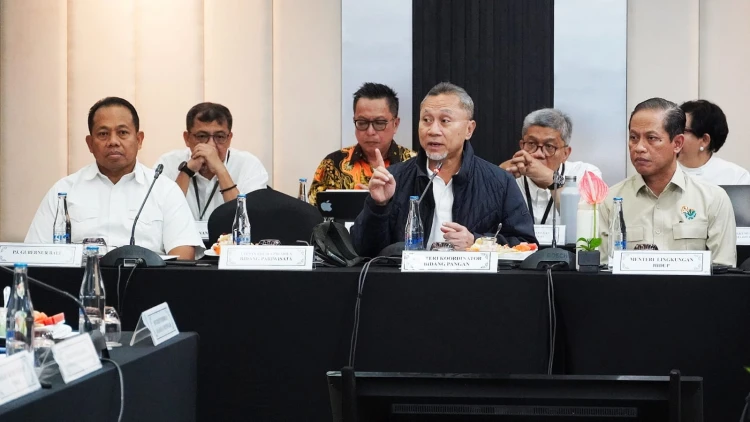Bali is grappling with a significant waste management crisis, with approximately 1,000 illegal open dump sites polluting the island's waters and litter accumulating on shores and roadsides. To address this pressing issue, the Provincial Government of Bali is seeking support from the central government to establish waste-to-energy (WtE) facilities. These facilities aim to convert waste into electricity using environmentally friendly technologies, providing a sustainable solution to the island's waste problem.
Acting Governor of Bali, Sang Made Mahendra Jaya, emphasized the urgency of this initiative during a Coordination Meeting on Waste Management in Bali, led by Coordinating Minister for Food Affairs, Zulkifli Hasan, on January 4, 2025. Mahendra Jaya stated, "We continue to seek support from the central government. If permitted, Bali should have Waste to Energy facilities." He noted that existing efforts, including the construction of TPS3R (Reduce, Reuse, Recycle Waste Processing Sites), TPST (Integrated Waste Processing Sites), and waste sorting at the source, have been insufficient to fully resolve Bali's waste challenges. The Suwung Landfill, a major waste repository for the Sarbagita area (Denpasar, Badung, Gianyar, Tabanan), has exceeded its capacity, exacerbating the problem.
In response, Coordinating Minister Zulkifli Hasan indicated that the central government has prepared regulations and funding to support waste management in Bali. He mentioned, "There is already a decree from the Coordinating Minister for Food Affairs, including the budget. Cooperation between the central government, relevant ministries, and local governments will be implemented as quickly as possible, starting today until April, regarding waste management, especially in tourist destinations like Bali."
Additionally, Minister of Environment, Hanif Saifol Nurofiq, highlighted collaborative efforts among various ministries and local governments to tackle the waste issue. He stated, "Programs from the Ministry of Marine Affairs and Fisheries, the Ministry of Public Works, the Ministry of Tourism, and other relevant ministries will be coordinated to address the waste problem in Bali." Hanif also mentioned plans to develop policies to manage waste in Bali's coastal and marine areas, which are critical to the island's tourism appeal.
The implementation of WtE facilities in Bali is anticipated to offer multiple benefits, including reducing the volume of waste directed to landfills, generating renewable energy, and mitigating environmental pollution. Such initiatives align with global trends where WtE technologies are employed to address waste management challenges while contributing to sustainable energy production.
However, the success of WtE projects depends on careful planning, substantial investment, and active participation from both government authorities and local communities. Public awareness and engagement are crucial to ensure the effective segregation and collection of waste, which are essential components of WtE operations.
In conclusion, the proposal to establish waste-to-energy facilities represents a proactive step by the Bali Provincial Government to address the island's waste management crisis. With support from the central government and collaboration among various stakeholders, Bali aims to implement sustainable solutions that not only manage waste effectively but also contribute to the island's energy needs and environmental preservation.
Read More






 Thursday, 12-02-26
Thursday, 12-02-26







